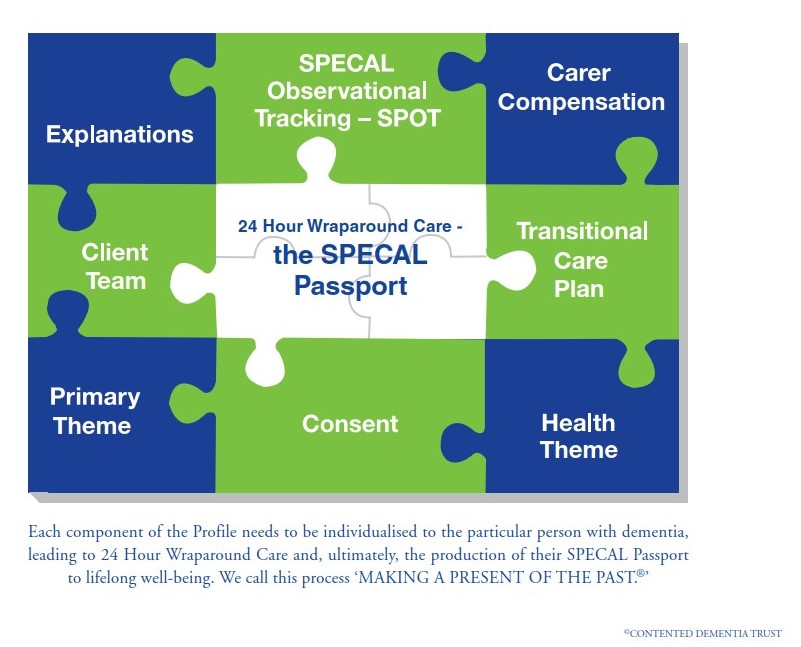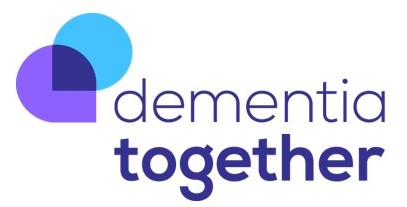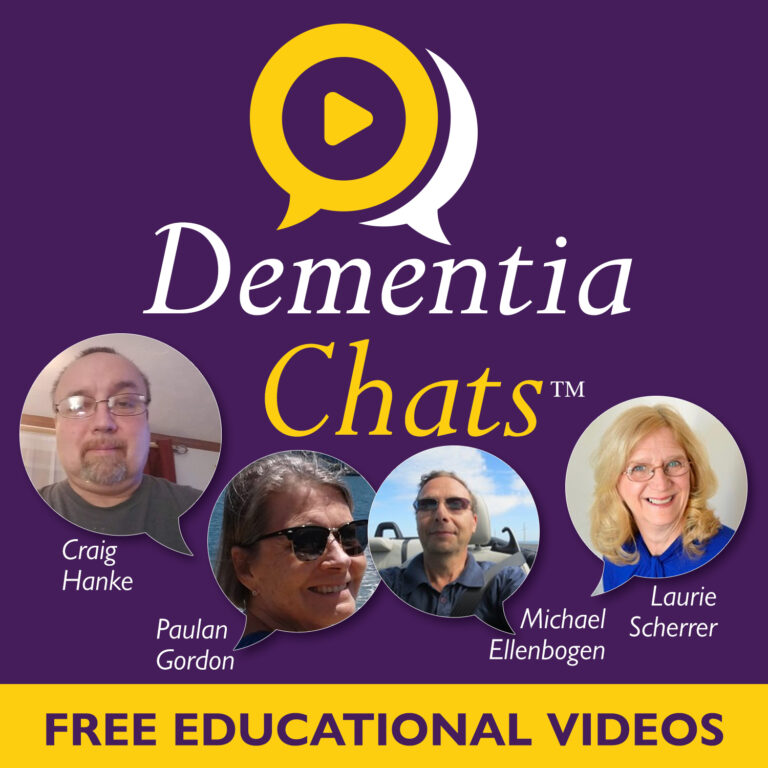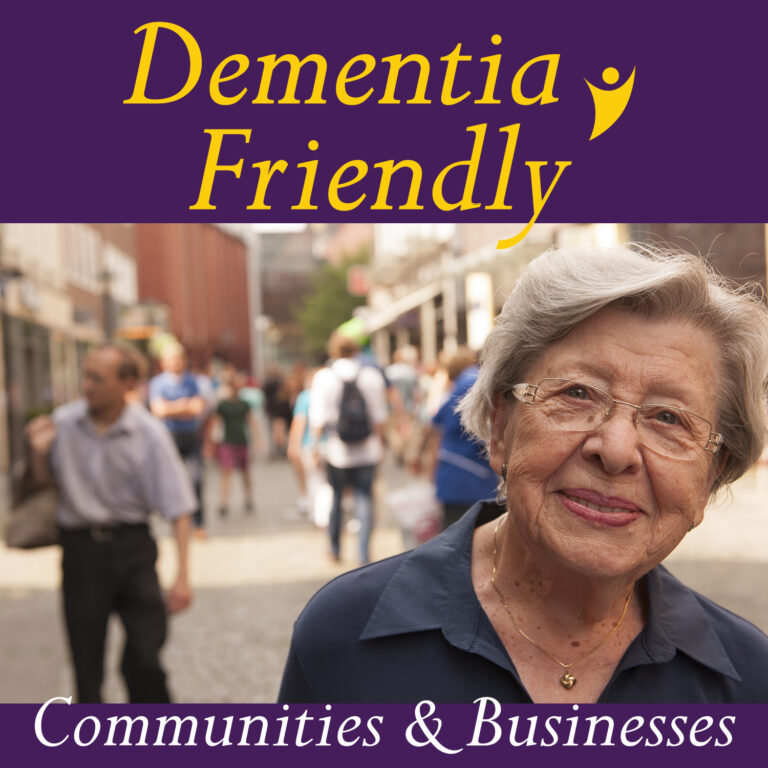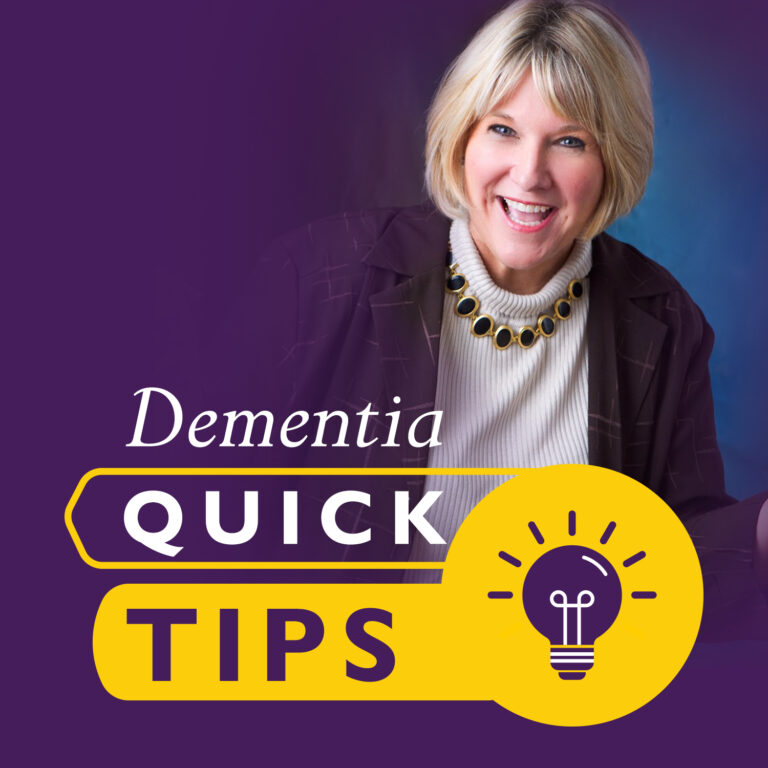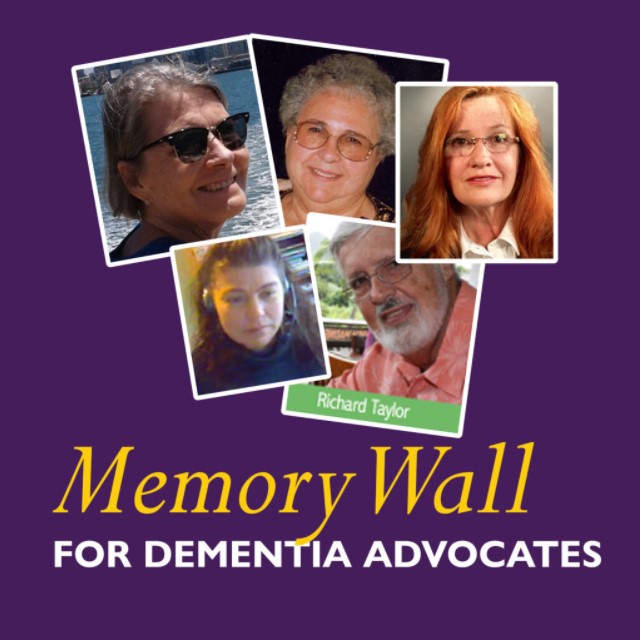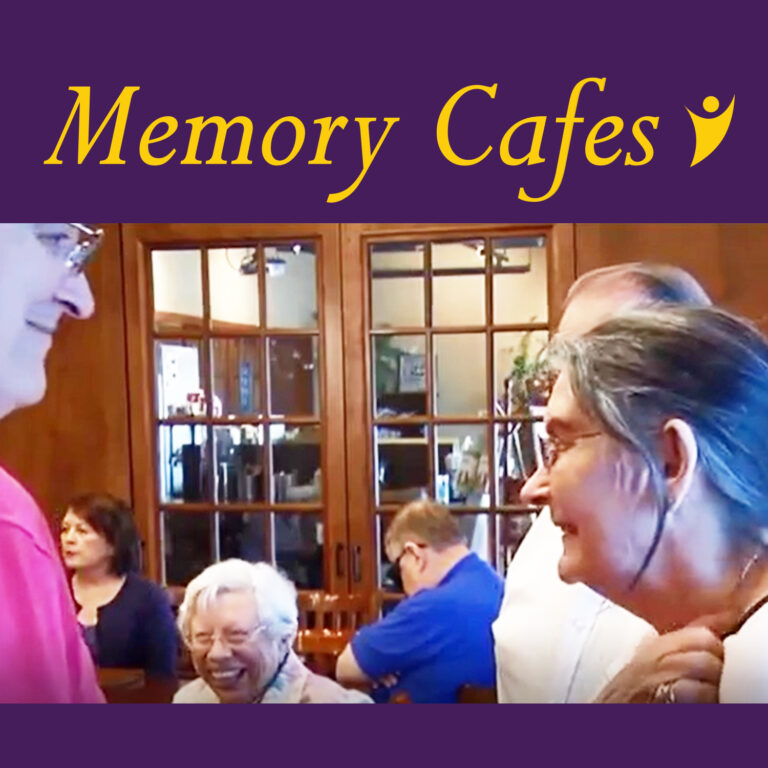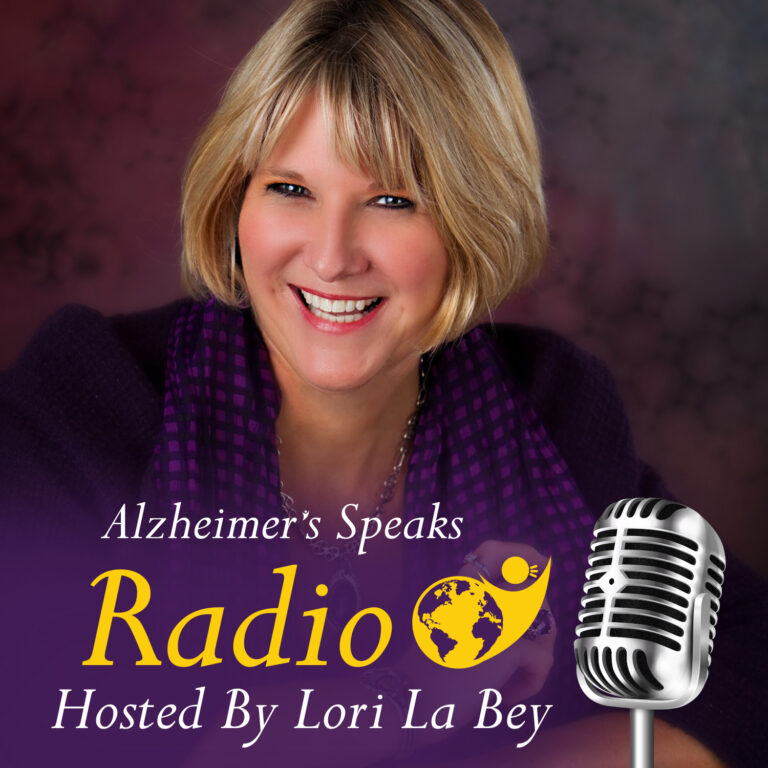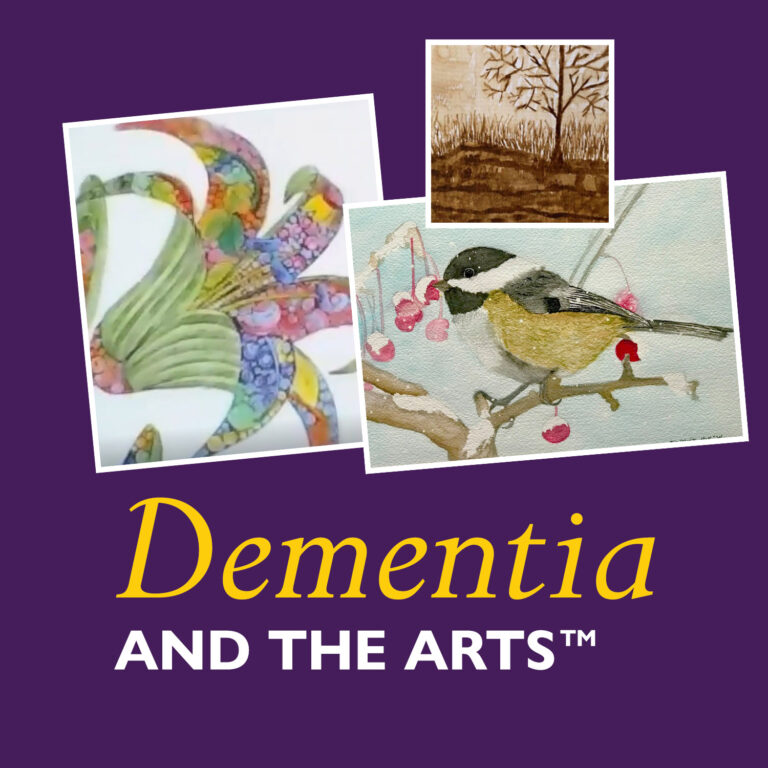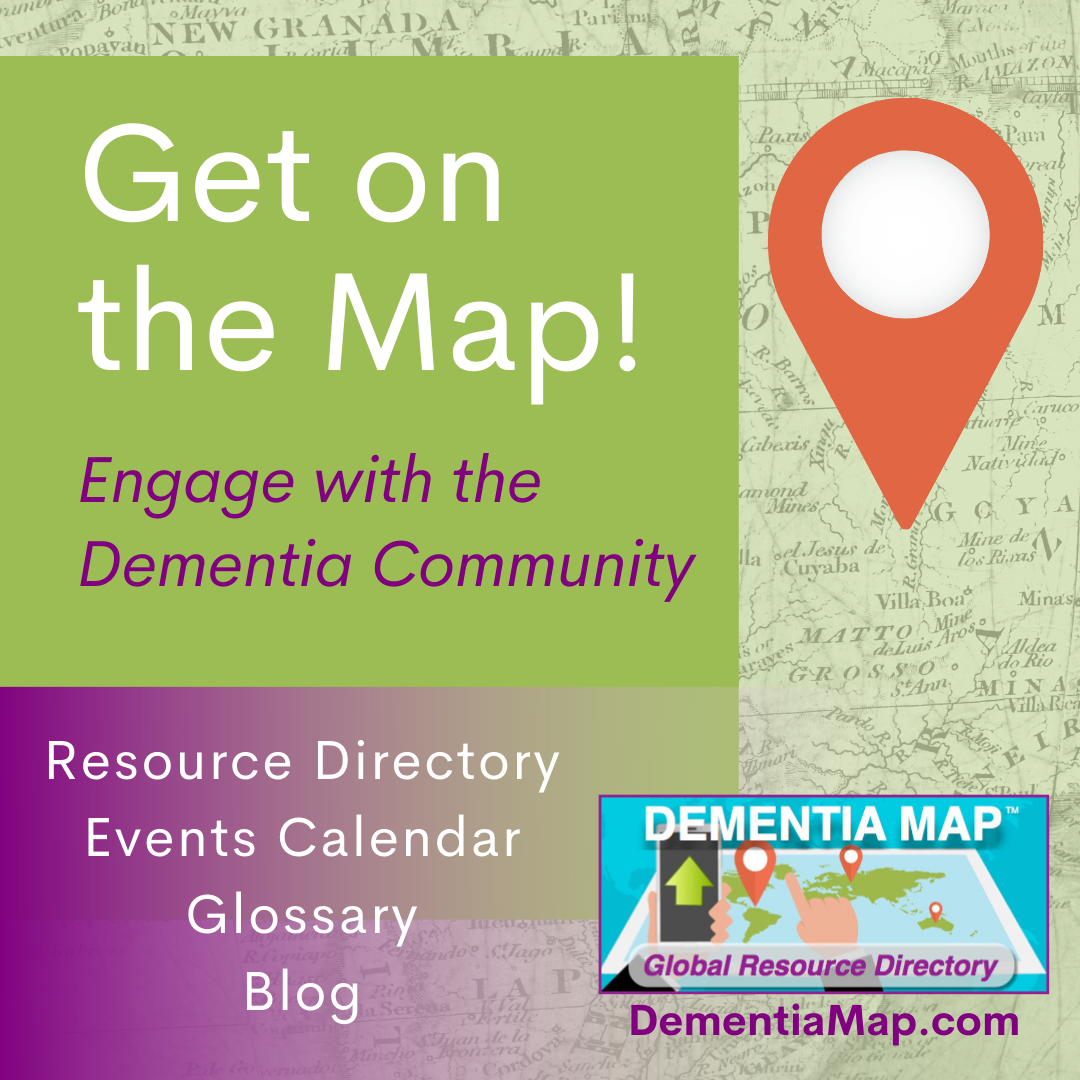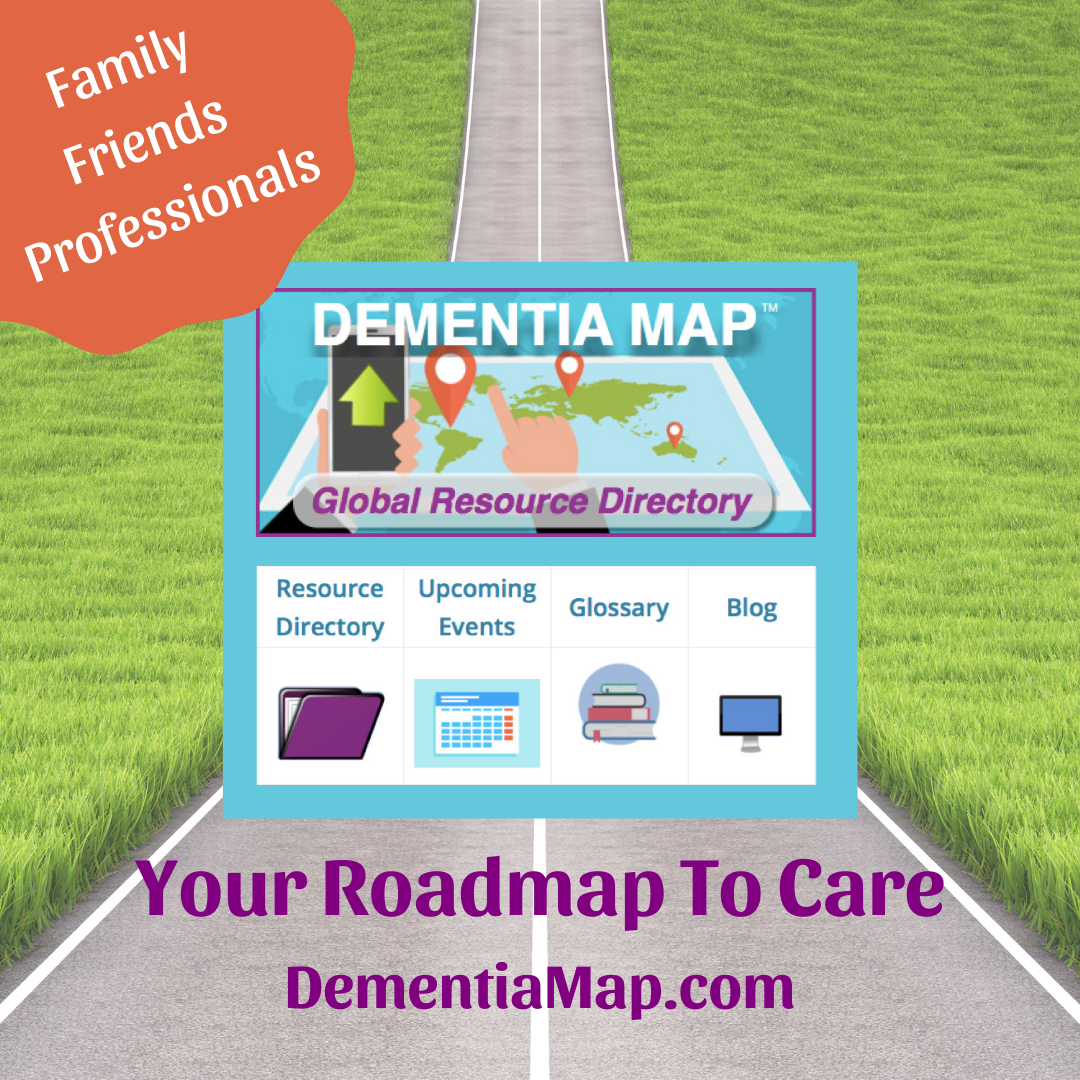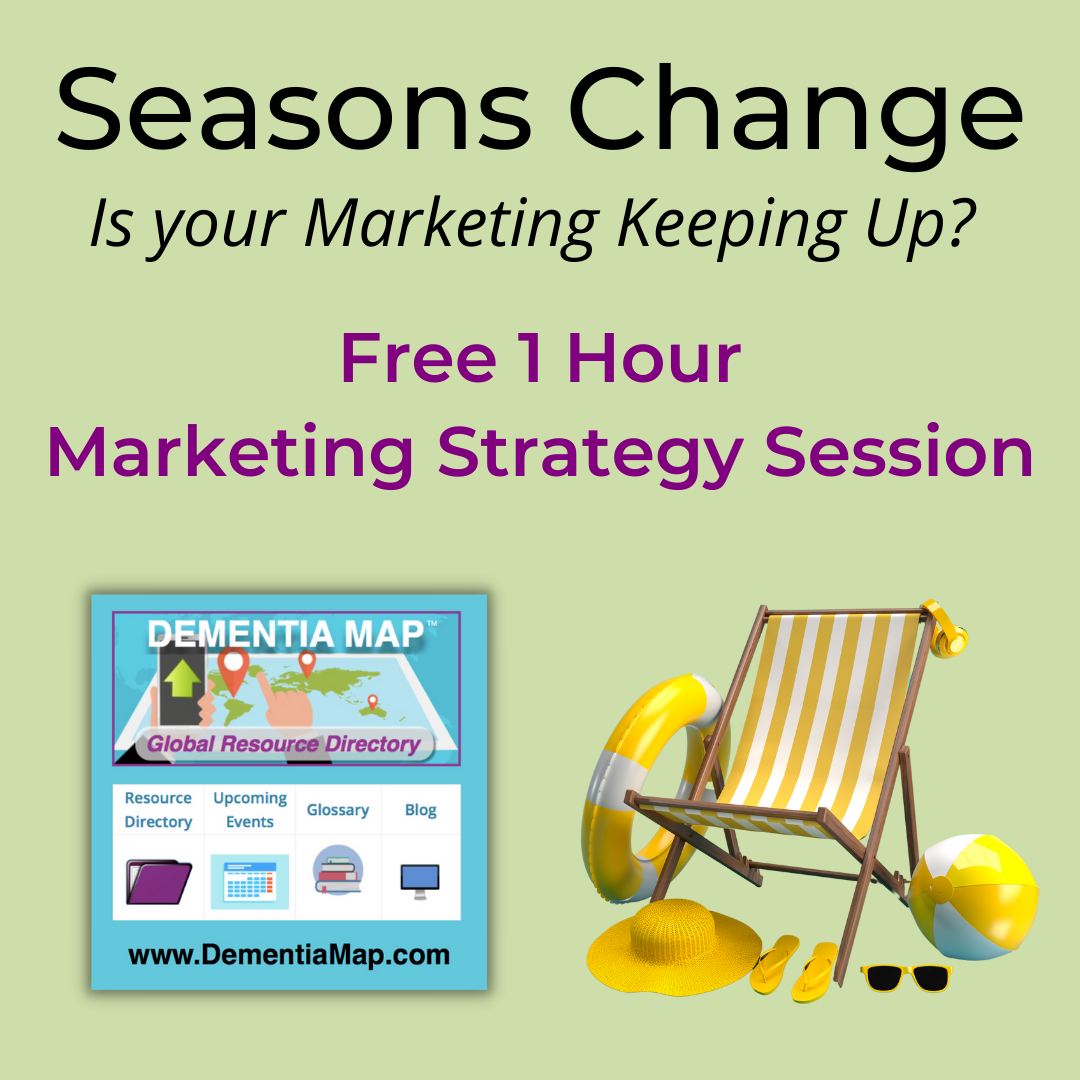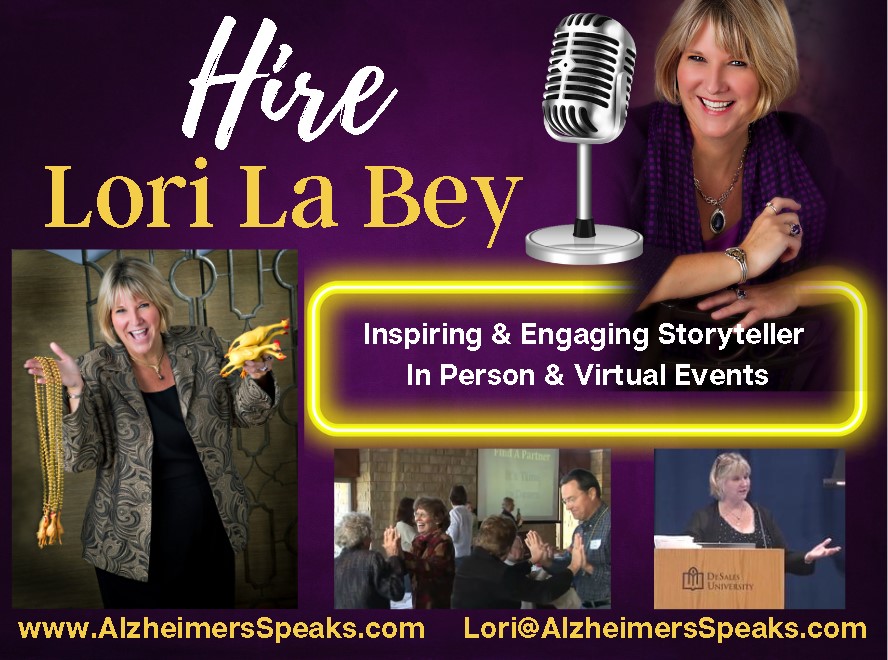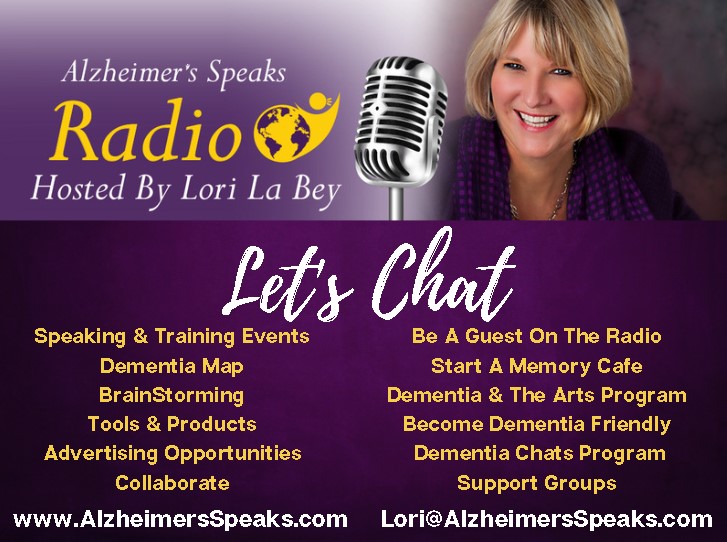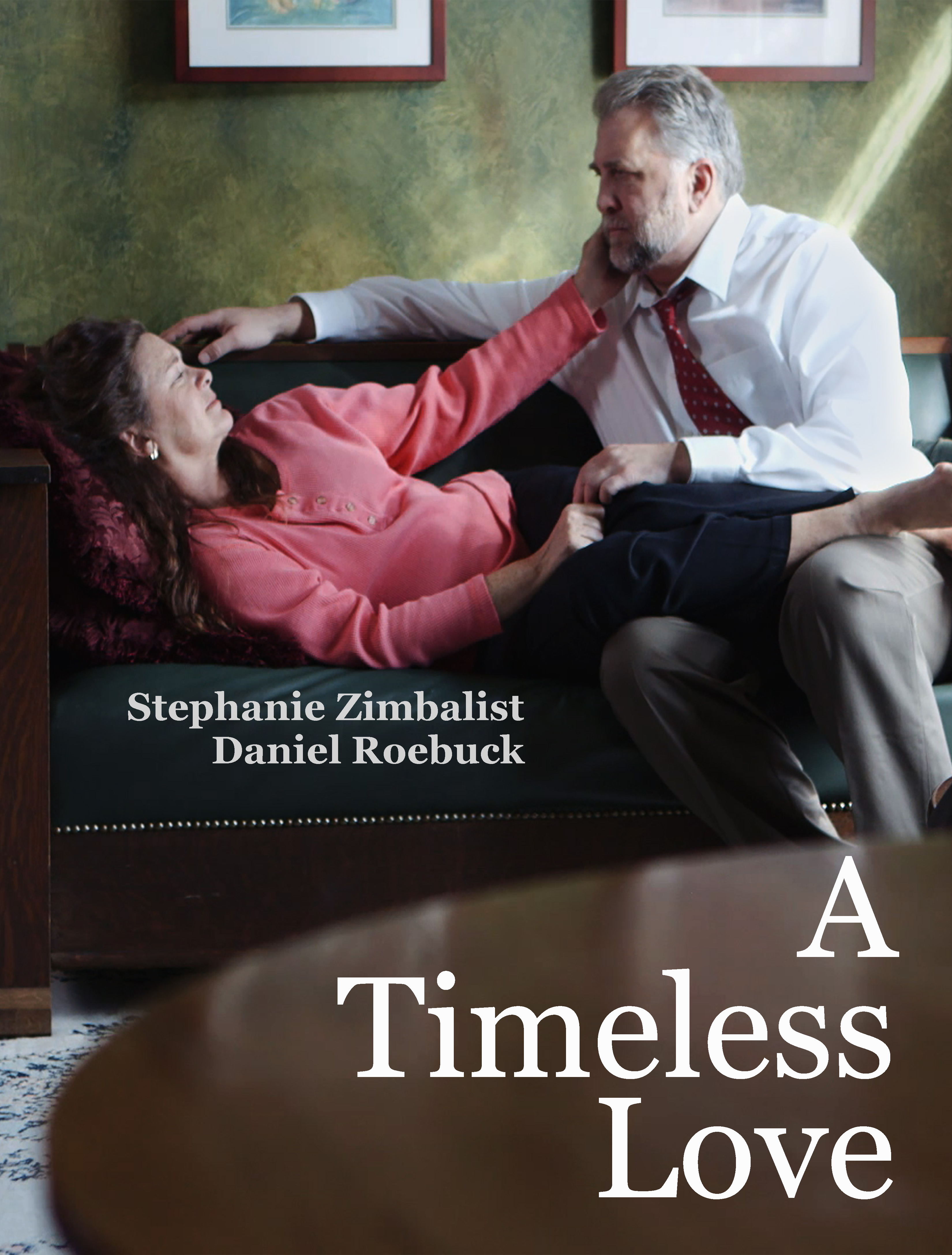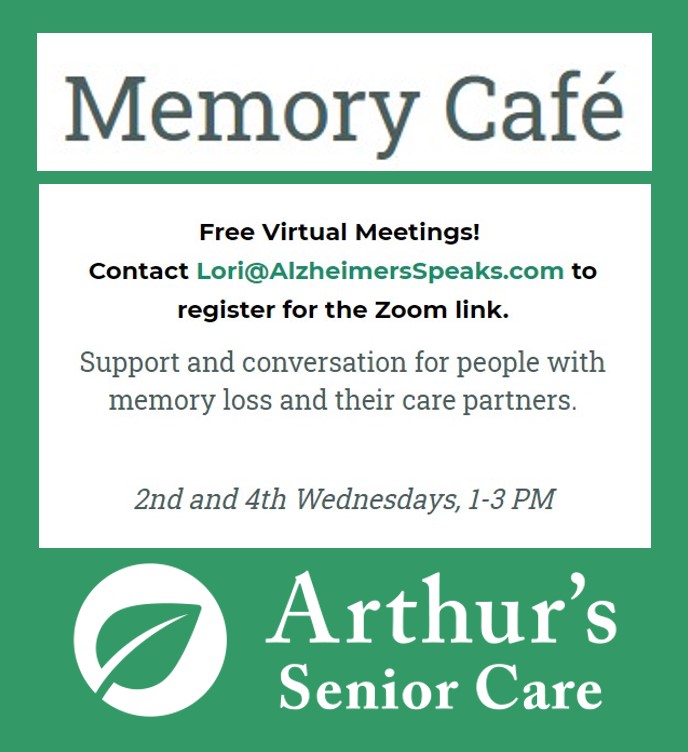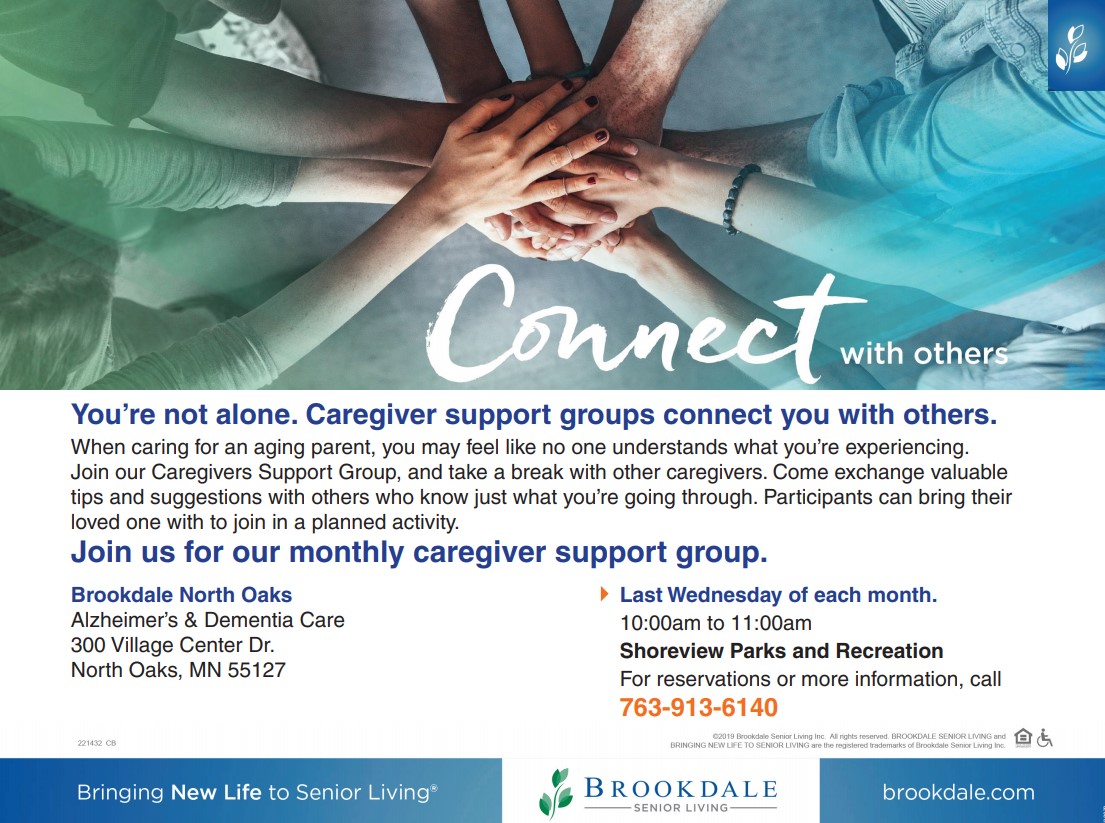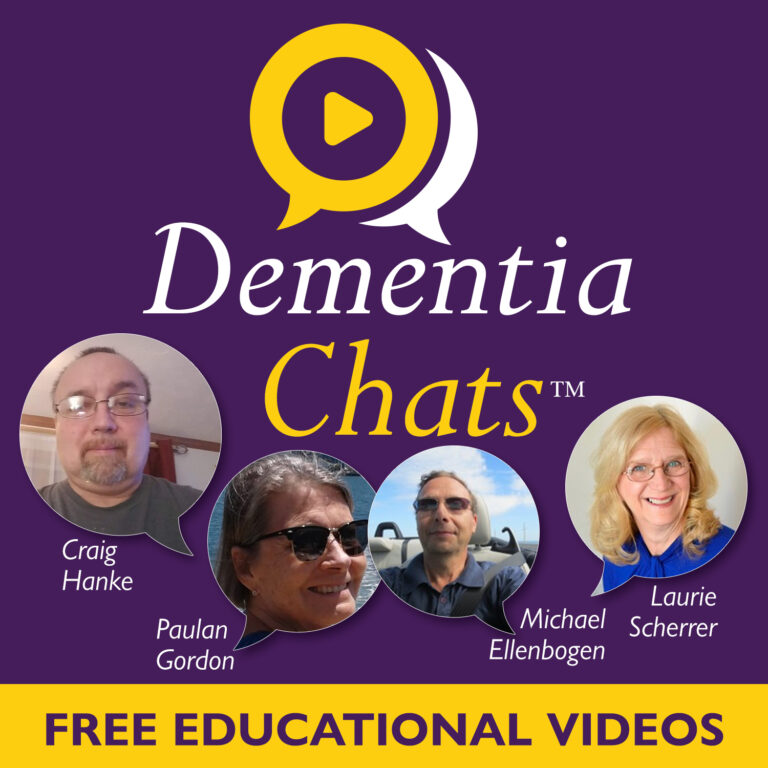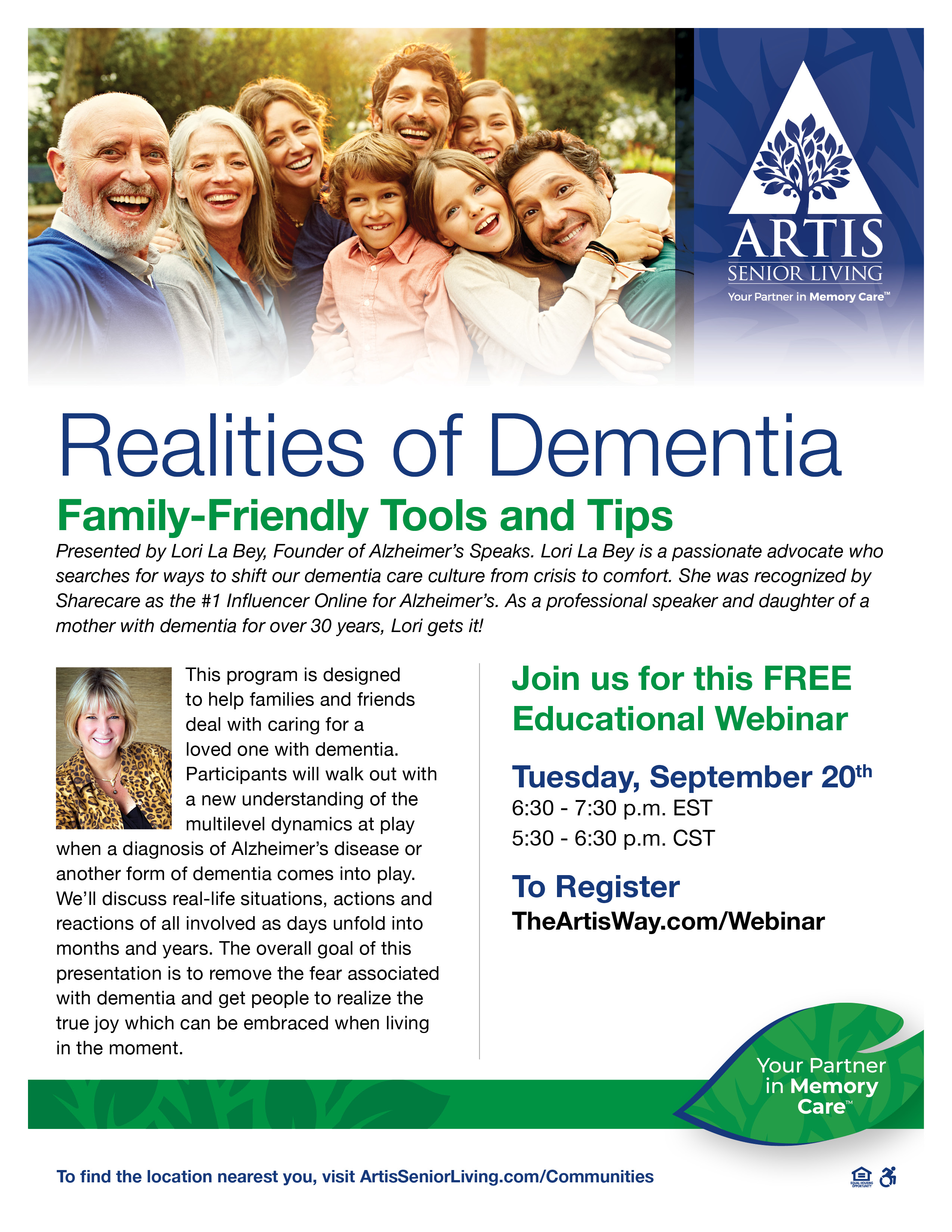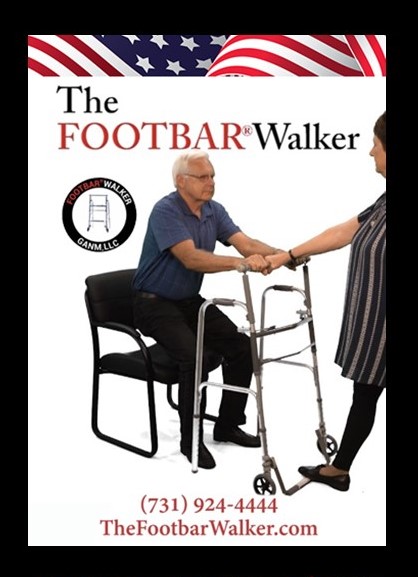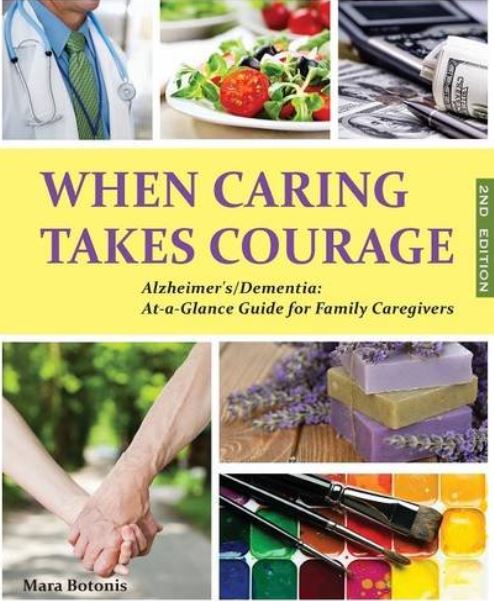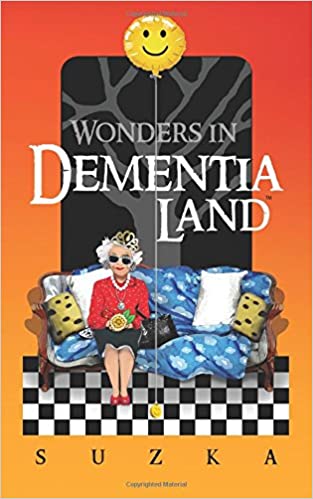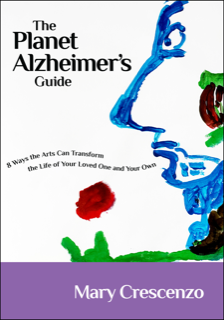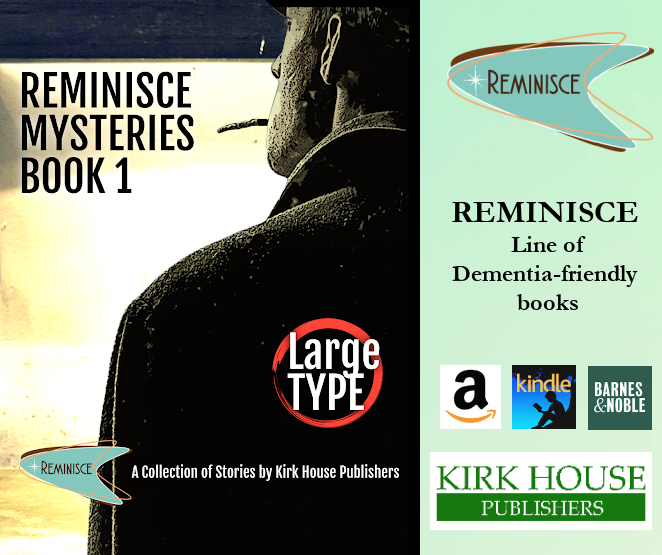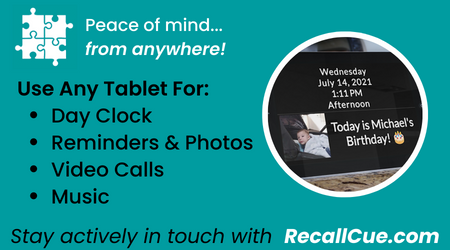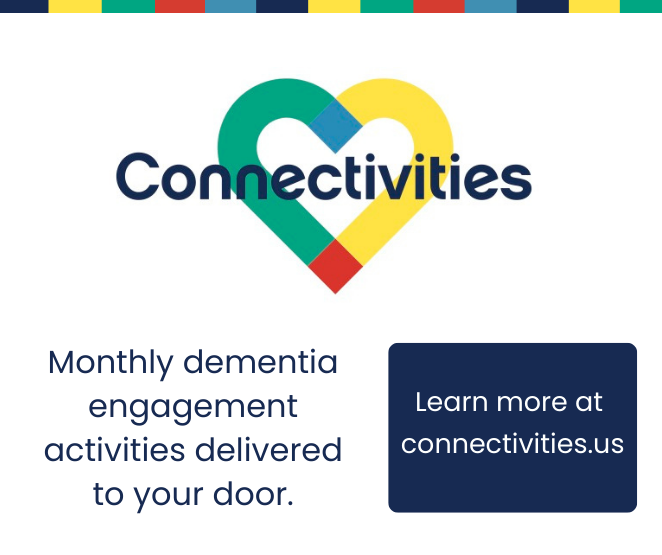The SPECAL® Method: Transforming Dementia Care Through Emotional Well-Being
What is the SPECAL® Method?
The SPECAL® Method, developed by the Contented Dementia Trust in England, is a person-centered approach to dementia care that focuses on emotional well-being rather than factual memory. It emphasizes understanding an individual’s perspective and creating a supportive environment that prioritizes feelings and contentment. This innovative method uses simple yet profound concepts to help caregivers build meaningful and less stressful interactions with their loved ones.
Thursday – Sept 1st, 2022 –2pm EST, 1pm CST, 12pm MST, 11am PST & 7pm London GMT, 9pm South Africa SAST, and on the 2nd, at 6am in Australia AEDT
Watch the full video interview with Lori La Bey and Cyndy Hunt Luzinski to learn about the SPECAL® Method and its transformative impact on dementia care.Learn About the SPECAL® Method
Below is a video interview featuring Lori La Bey and Cyndy Hunt Luzinski, an advanced practice nurse and the first accredited SPECAL® practitioner in North America. Cyndy shares insights into the SPECAL® Method and her work with Dementia Together, a nonprofit organization dedicated to fostering joy and connection for individuals living with dementia and their caregivers.
“Cyndy discusses the SPECAL® Method’s principles with Lori and its impact on caregiving practices, along with real-world applications and resources provided by Dementia Together.”
Our Host, Lori La Bey will be talking with Cyndy Hunt Luzinski is an advanced practice nurse and the first accredited SPECAL® (pronounced “speckle”) practitioner in North America, credentialed by the Contented Dementia Trust in England. Cyndy’s nursing background ranges from critical care to community case management. In honor of her dad, she founded and currently serves as executive director of Dementia Together, a nonprofit organization in Northern Colorado which offers education, enrichment, and hope, while cultivating joy and building stronger connections for people living with dementia, their care partners, and the community.
Cyndy is a leading voice in dementia-friendly community initiatives. She facilitates care partner support groups, and works with her Dementia Together team to provide dementia-friendly education and more than 300 in-person and online memory cafes every year. She advocates for community collaboration to make “living well with dementia” the expectation, not the exception.
Key Principles of the SPECAL® Method
How Does the SPECAL® Method Work?
The SPECAL® Method is grounded in understanding how memory functions for someone with dementia and tailoring care accordingly.
The Photograph Album Analogy
The SPECAL® Method uses the analogy of a photograph album to explain memory storage. Memories are like photographs stored in an album, but for someone with dementia, recent photos may be missing or jumbled. Care focuses on building a narrative that supports positive emotions rather than filling factual gaps.
Focusing on Emotional Well-Being
The method prioritizes how individuals feel over what they remember. By addressing their emotional needs, caregivers can reduce stress and create moments of contentment, even if factual memories are lost.
Avoiding Direct Questions
Direct questions often create confusion and frustration. Instead, caregivers are encouraged to make statements or use gentle prompts, fostering a sense of security and ease.
Creating a Supportive Environment
Familiar surroundings and routines help maintain emotional security. Small adjustments, like using familiar objects or establishing predictable schedules, can significantly enhance well-being.
Benefits of the SPECAL® Method
Why Choose the SPECAL® Method for Dementia Care?
The SPECAL® Method benefits both individuals with dementia and their caregivers by offering a structured, supportive approach.
Benefits for Individuals with Dementia
- Maintains emotional contentment and confidence.
- Reduces anxiety by focusing on familiar, positive experiences.
- Slows cognitive decline through consistent, supportive interactions.
Benefits for Caregivers
- Reduces caregiver stress by offering clear strategies for engagement.
- Provides tools to navigate challenges with empathy and patience.
- Enhances caregiving confidence through training and resources, such as those provided by Dementia Together under Cyndy Luzinski’s leadership.
Implementing the SPECAL® Method
Preparing Caregivers for SPECAL® Implementation
Training and Education
Effective application of the SPECAL® Method requires caregivers to undergo training, facilitated by accredited practitioners. This equips them with the skills to create emotionally supportive environments tailored to their loved one’s needs.
Practical Application Techniques
- Redirect focus from problematic behavior to meaningful activities.
- Use calm, reassuring language and maintain a positive tone.
- Create daily routines that align with the person’s preferences and emotional needs.
Challenges and Strategies
Overcoming Challenges in Using the SPECAL® Method
Adapting to Individual Needs
Every individual is unique, and the SPECAL® Method encourages personalized care plans. Caregivers must remain flexible and attentive to evolving needs.
Overcoming Resistance to Change
For caregivers hesitant to adopt the SPECAL® Method, education and support groups can ease the transition. Highlighting the method’s benefits through success stories and case studies can also encourage adoption.
Common Questions About the SPECAL® Method
How is SPECAL® Different from Other Dementia Care Approaches?
The SPECAL® Method uniquely focuses on emotional well-being over factual memory, emphasizing contentment and security rather than correcting memory gaps.
Is the SPECAL® Method Effective for All Types of Dementia?
While the SPECAL® Method is beneficial for most forms of dementia, its effectiveness may vary depending on the individual’s condition and circumstances.
How Can Caregivers Start Using SPECAL® Techniques?
Caregivers can begin by learning the method’s core principles, such as avoiding direct questions, creating supportive environments, and focusing on emotional well-being. Training from accredited practitioners can further enhance their skills.
Who Can Use the SPECAL® Method?
The method is accessible to caregivers, healthcare professionals, and family members looking to improve their interactions with individuals living with dementia.
Embracing the SPECAL® Method for Better Dementia Care
The SPECAL® Method represents a transformative shift in dementia care, focusing on emotional well-being and fostering positive connections between individuals and their caregivers. By addressing the emotional needs of those with dementia, this approach not only improves their quality of life but also empowers caregivers with tools to navigate challenges with confidence and empathy.
Explore more about the SPECAL® Method by contacting Cyndy Luzinski through the Dementia Together website – https://dementiatogether.org/specal/
Listen to the Podcast Below
Contact Cyndy Hunt Luzinski
Website
Instagram & Facebook DementiaTogetherNoCo
For Information on Alzheimer’s Speaks Radio, Playlists, & More Click Here
All Radio Shows are Archived

Watch Additional Videos or Download a PDF to Easily Access Titles & Links
Learn About Becoming A Dementia Chats Experts
Contact Dementia Chats
Take A Peak Below At Our FREE Educational Resources Go To Our Website Now
Register for a Live Demo Tour of Dementia Map on Zoom!
Lori La Bey Can Help Your Organization For Staff Trainings, Family Support, Perspective Clients and Support Gatherings.
Upcoming Public Events Lori La Bey
See What Others Have Say About Lori La Bey
I want to echo the thanks and appreciation of my colleagues… Your presentations were movingly authentic, fully engaging and wonderfully informative. Thank you for all that you are doing, and all that you’ve done for us!
Carla Koehl, Director of Community Relations – Artis Senior Living of Lexington
“Feedback from the conference planning committee and our leadership team was extremely positive. Many attendees commented that she was one of the best speakers they had heard.”
Pat Sylvia, Director of Education & Member Development LeadingAge WA



